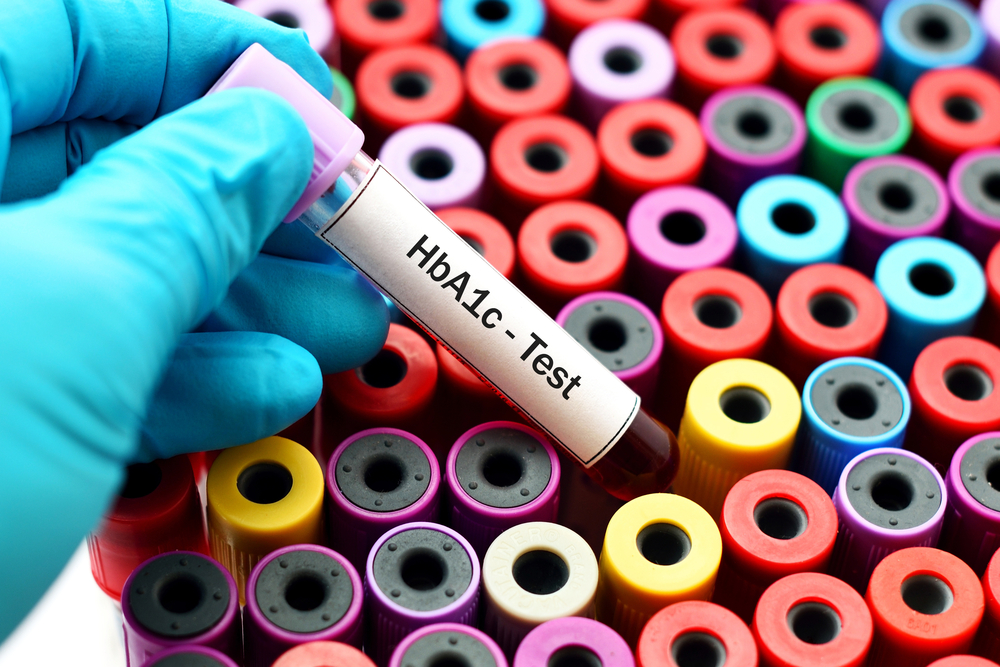Urine Test for Diabetes: Glucose & Ketones

Diabetes is a metabolic disorder marked by an increase in blood glucose levels as a result of the body’s inability to produce or effectively use insulin. Monitoring blood glucose levels is important for managing diabetes and preventing complications. While blood glucose tests are the primary method for monitoring diabetes, urine examination can also provide valuable information about glucose levels in the body.
By detecting and measuring glucose and ketones in urine samples, doctors can screen for diabetes and assess whether the condition is being properly managed. Urine tests for diabetes are simple, non-invasive, and cost-effective, making them a convenient screening method for diabetes.
What is a Urine Test?
A urine test, commonly referred to as urinalysis, is a vital diagnostic test used to detect various medical conditions, often before noticeable symptoms emerge. It plays a significant role in monitoring overall health, diagnosing medical issues, and managing conditions such as urinary tract infections, kidney stones, and diabetes.
Healthcare providers often include urine examination as part of routine wellness checks, particularly recommending it if individuals experience frequent urination, excessive thirst, or sensory abnormalities in their extremities.
When is the Urine Test Done?
Urine examination is conducted during routine check-ups and diagnostic evaluations, as well as to monitor chronic conditions like diabetes. For individuals suspected of having diabetes, this examination serves as an initial screening method to evaluate glucose levels and identify potential abnormalities indicative of the disease.
Why is Urinalysis Test for Diabetes Required?
There are two primary types of diabetes:
Type 1: This type occurs when the immune system attacks and destroys the insulin-producing cells found in the pancreas, resulting in little or no production of insulin.
Type 2: In this type, the body either doesn’t produce the required amount of insulin or becomes resistant to insulin’s effects, resulting in high blood sugar levels.
In diabetes, the kidneys may not completely absorb blood sugar from the bloodstream, leading to its excretion in the urine. High blood sugar levels, especially in type 1 diabetes, can prompt the body to utilise fat for energy, producing ketones that acidify the blood.
Urine examination helps monitor ketone and glucose levels to ensure effective diabetes management.
What Does the Urine Test Measure?
The urine examination typically evaluates three aspects of the collected urine sample:
- Physical examination for colour, pH, specific gravity, and appearance.
- Microscopy examination for red blood cells, pus cells, epithelial cells, casts, crystals, microbes, and others.
- Chemical examination for glucose, ketones, protein, bacteria, and bilirubin.
Glucose is typically absent in urine but can be present in individuals with diabetes or specific conditions like pregnancy or kidney disorders. Monitoring glucose in the urine is vital, especially during pregnancy, to detect gestational diabetes or, in rare cases, glycosuria (a rare kidney condition).
Ketones are produced when one’s body breaks down fat for energy due to insufficient glucose, notably in diabetes. High ketone levels can lead to DKA or diabetic ketoacidosis, which requires immediate medical attention. Monitoring protein in urine aids in assessing kidney function, particularly in individuals with diabetes who are at higher risk of kidney disease.
Identifying bacteria in urine helps diagnose urinary tract infections (UTIs), which are common in people with diabetes and necessitate prompt treatment with antibiotics. Detection of bilirubin in urine may indicate liver damage or other health conditions, with high levels in individuals with diabetes potentially linked to complications such as kidney disease. Elevated glucose levels in the urine may suggest the presence of diabetes or poorly managed diabetes.
As for the test results of the urine test for diabetes, the doctor will review the reports and administer the necessary treatment to the patient.
However, it’s important to note that urine tests alone are not sufficient to diagnose diabetes; the doctor may recommend additional blood tests to make a definitive diagnosis. To book diabetes tests or urine tests, visit Dr Lal PathLabs today!
FAQs
1. How is urine analysis for diabetes performed?
A healthcare provider will gather a urine sample using a collection container. There are two primary methods of obtaining a sample:
- 24-hour urine collection: This test entails collecting all urine produced over a 24-hour period.
- One-time urine collection: Also referred to as a spot sample, this involves providing a single small urine sample. Typically, the sample is collected using the clean-catch method to prevent contamination.
2. What is the normal range for a urine test for diabetes?
Glucose’s normal amount in urine is 0 to 0.8 mmol/L. Higher levels of glucose in the urine may indicate diabetes or poorly controlled diabetes.














